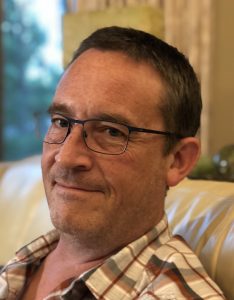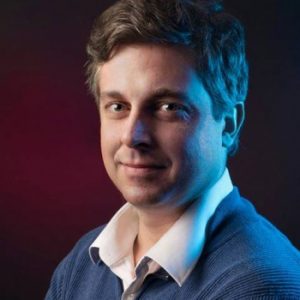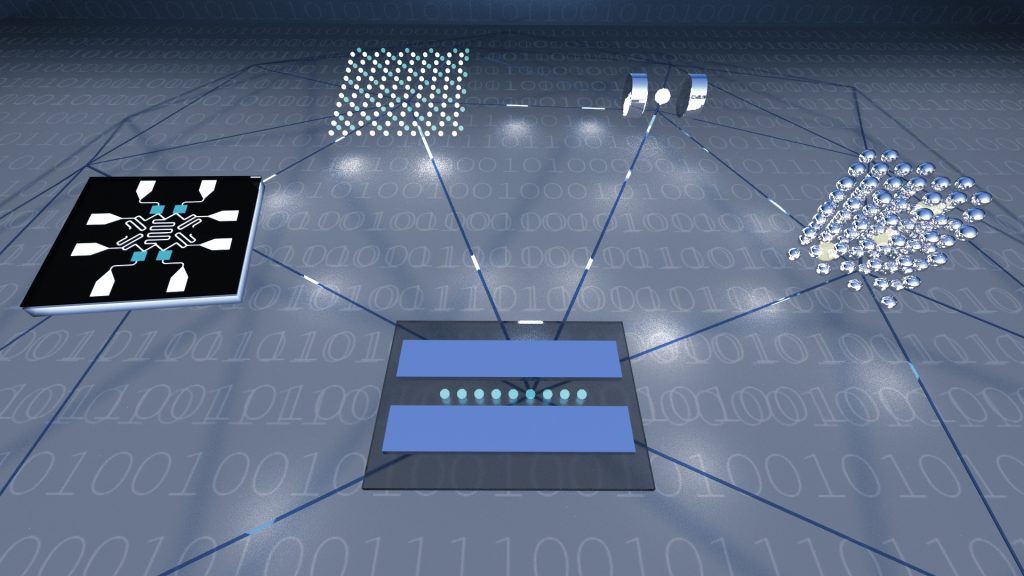University of Wisconsin–Madison physics professor Victor Brar has been named a 2021 Sloan Research Fellow, a competitive award given to researchers in the early stages of their careers.
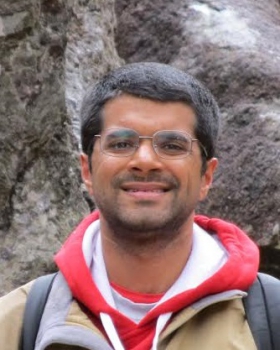
“A Sloan Research Fellow is a rising star, plain and simple,” says Adam F. Falk, president of the Alfred P. Sloan Foundation. “To receive a Fellowship is to be told by the scientific community that your achievements as a young scholar are already driving the research frontier.”
Brar’s research focuses on developing new microscopy techniques to look at quantum systems in ways that current microscopes cannot. Applying these techniques to study defects in materials — where a perfect crystal lattice is disrupted by one or more anomalous atoms — could lead to improvements in quantum computer performance or the discovery of new Physics.
“Everyone in the world is trying to make a quantum computer, but we don’t really have good diagnostics for what all the quantum systems are inside of a material,” Brar says. “One goal with this microscope is to figure out what’s in a material that could interfere with a quantum computer.”
Additionally, Brar hopes that by applying this technique to complex materials, new particles may be identified and studied. For example, many particle physics discoveries, such as the Higgs boson and the positron, have been first theorized based on materials science research and repurposed into high energy physics experiments.
“At CERN, for example, they try to get to higher and higher energies to see particles, and at some point CERN just can’t get high enough,” Brar explains. “But in a material, you can get analogous particles for what CERN scientists are looking for but at much lower energies. There are particles that we’ve never seen outside of a material, but we can see them in a material, and those are the kinds of things that we’d ideally like to study.”
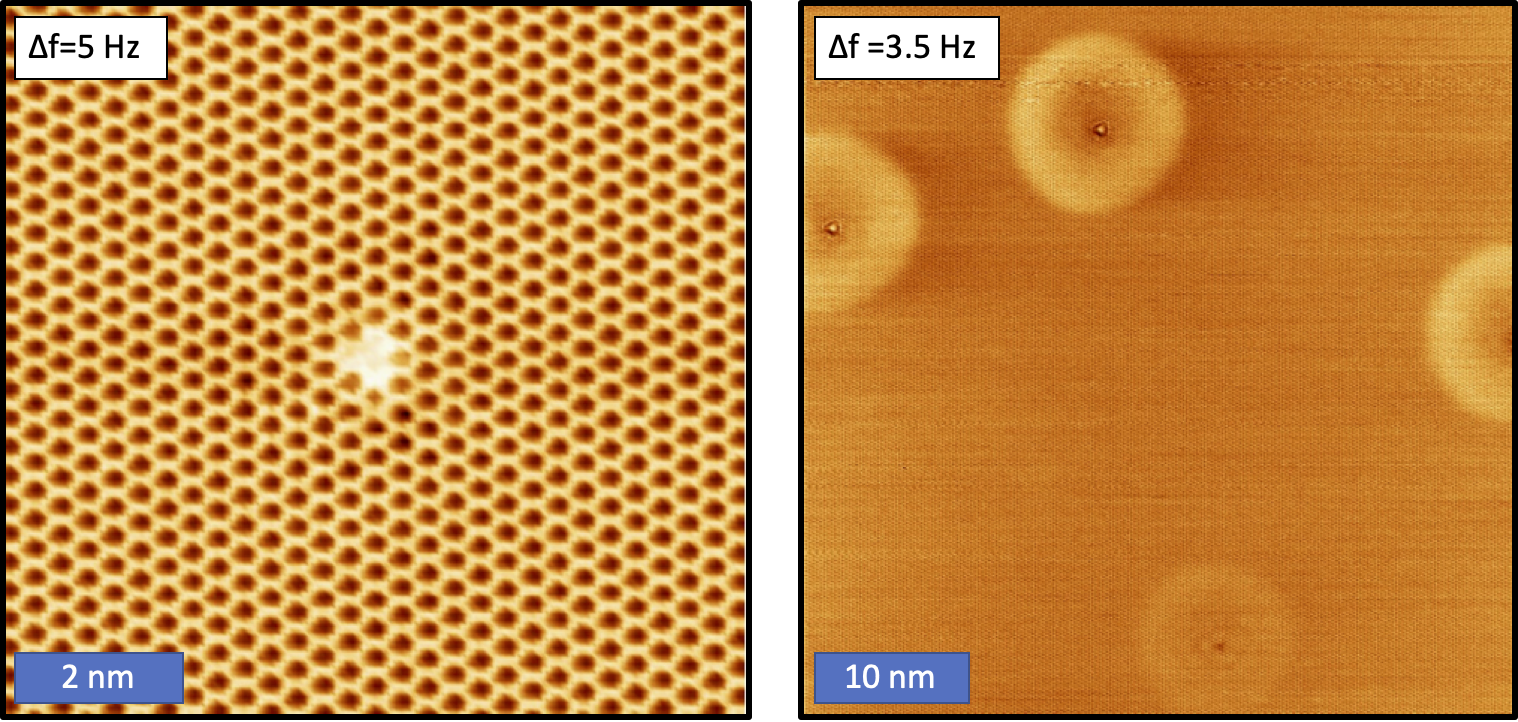
The technique that Brar is developing combines optical and electron microscopy, two methods he worked on as a graduate student and post-doc. By bringing them together now, he hopes that his unique method will bring significant advances to his field — and that the Sloan Fellowship indicates that other scientists agree.
“The Sloan award has a history behind it, and they have a track record of funding good science,” Brar says. “So, it means a lot to be recognized by Sloan and I hope it will help when we start to try to make our case for why this method is important.”
The Sloan Research Fellowship is open to early-career scientists in one of eight fields, including physics. More than 1000 researchers are nominated each year for 128 fellowship slots. Winners receive a two-year, $75,000 fellowship which can be spent to advance the fellow’s research.
“Prof. Victor Brar winning the Sloan Foundation Fellowship is a very welcome recognition,” says Sridhara Dasu, chair of the UW–Madison physics department. “For decades now, the Sloan Fellowship is a highly sought-after honor amongst young scientists, and it is wonderful to note that our enthusiasm and confidence in Prof. Brar’s research prowess is recognized by an international panel selecting the Sloan Fellows.”
